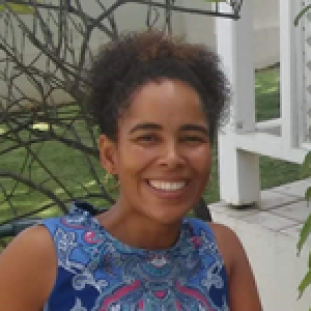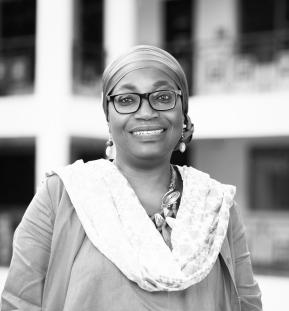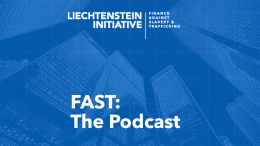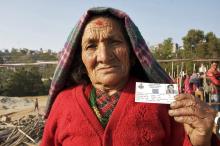Background
The 66th Session of the Commission on the Status of Women (CSW) included the review theme: Women’s economic empowerment in the changing world of work.
In this context, it is important to first address why modern slavery and human trafficking disproportionately affect women and girls across the globe. While estimates concerning the overall numbers of victims differ, the 2017 Global Estimates of Modern Slavery illustrates that over two-thirds of the total number of victims are female. More precisely, the estimates suggest that women and girls account for 58 per cent of victims of forced labour, 84 per cent of victims of forced marriages, and 99 per cent of victims of commercial sexual exploitation. These figures are truly astonishing and not acceptable in today’s societies. And the pandemic has unfortunately exacerbated the vulnerability of women and girls to modern slavery and human trafficking.
Today, slavery, forced labour, and human trafficking are largely illegal around the world. International norms and obligations range from the Slavery Convention (1926) to the Universal Declaration of Human Rights (1948) to the Protocol to Prevent, Suppress and Punish Trafficking in Persons, Especially Women and Children (2000) and the ILO’s Forced Labour Convention (1930). The 2030 Agenda for Sustainable Development adopted in 2015 includes Target 8.7 on ending forced labour, modern slavery, and human trafficking in the next 15 years, Target 5.2 on trafficking and sexual exploitation and Target 16.2 on ending abuse, exploitation, trafficking, and all forms of violence against and torture of children.
Despite these strong international normative frameworks, such practices are tragically common in today’s world, affect virtually every country and have a particular impact on women and girls. The focus of this event was therefore on how to address and aim to prevent modern slavery and human trafficking by economically empowering women and girls, including through the financial inclusion of survivors.
This event covered the following questions:
- How does modern slavery and human trafficking affect women and girls?
- How can financial inclusion provide protection from modern slavery and human trafficking?
- What works in addressing this issue? Where are we making an impact? What are the challenges we still face?
- How can Member States, UN agencies, the financial sector and civil society work together to close the gap between the strong international norms and the reality on the ground?
- What can be done to avoid the re-exploitation of survivors of modern slavery and human trafficking?





